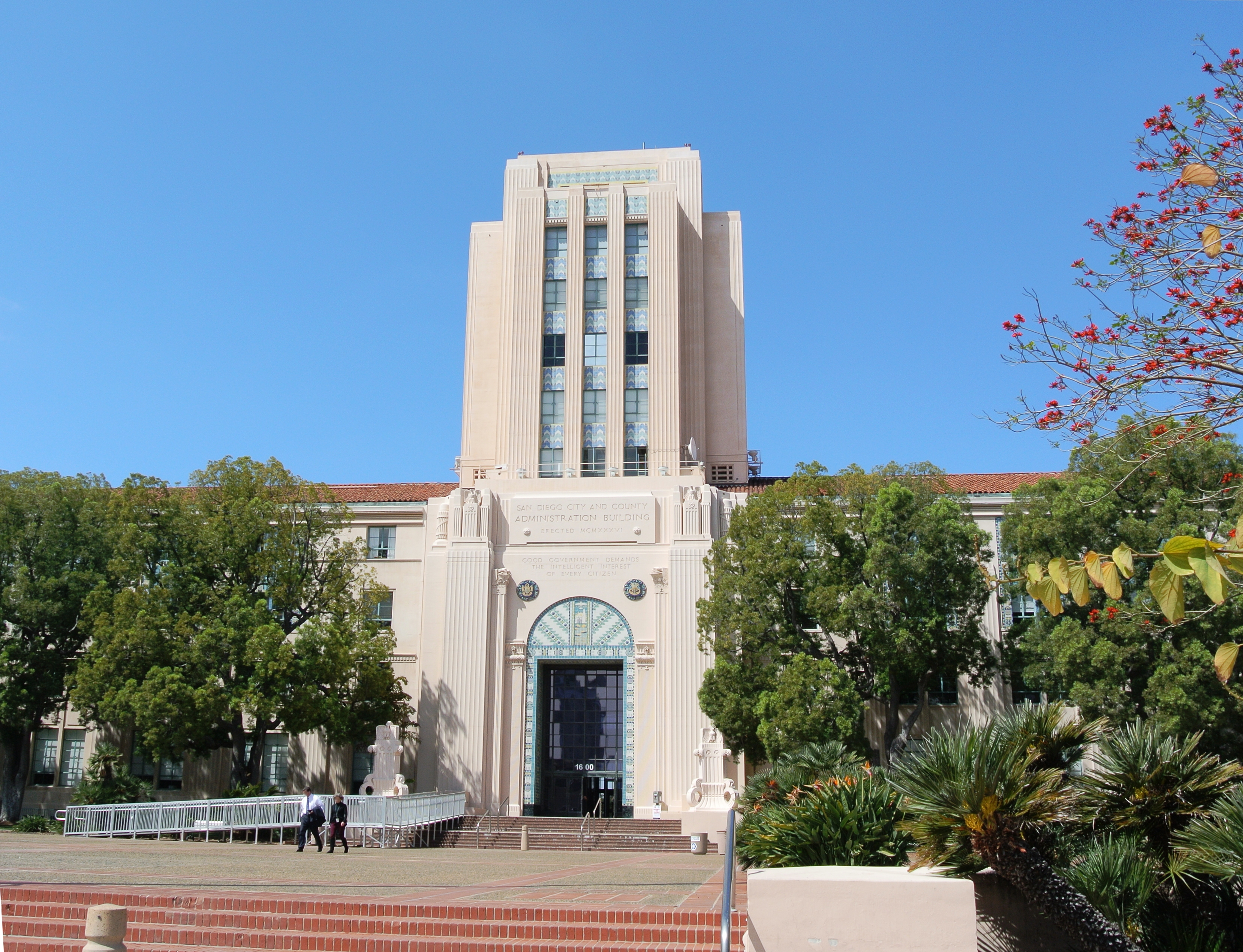New standalone policies join existing procedures that help peacefully defuse situations, enhance community trust
 Following a series of public meetings earlier this month to hear feedback on community and police relations, City of San Diego Mayor Kevin L. Faulconer announced today that the San Diego Police Department has created standalone policies to help officers reduce the use of force and increase community trust.
Following a series of public meetings earlier this month to hear feedback on community and police relations, City of San Diego Mayor Kevin L. Faulconer announced today that the San Diego Police Department has created standalone policies to help officers reduce the use of force and increase community trust.
The department’s new standalone de-escalation policy now requires officers to exercise techniques that seek to resolve situations through voluntary compliance or with lower levels of force. A second policy has been added to require officers to intervene if another officer uses unreasonable force and reports the incident to a supervisor. These two new, standalone policies accompany at least six others at SDPD that help to preserve public safety and protect against the unnecessary loss of life.
“The protection and preservation of life must be the foremost objective of law enforcement, and these new policies ensure this value is part of how every SDPD officer operates,” Mayor Faulconer said. “These changes do not represent the crossing of a finish line, but they do represent the bottom line, a foundation of trust we are working to build upon. It’s an important step forward, and joins reforms previously enacted that in their totality will help save lives.”
The policies adhere to recommended changes voted on by the City’s Community Review Board on Police Practices and the Citizens Advisory Board on Police/Community Relations.
“We will continue to work tirelessly to build trust and ensure consistent training while maintaining an honest dialogue with the communities we serve,” said Chief David Nisleit. “The policies we’re implementing today give clarity and direction not only to officers but to the community of what to expect from us.”
DE-ESCALATION POLICY
The new standalone de-escalation policy now requires police officers to use disengagement techniques – when safe, reasonable and based on the totality of circumstances – to attempt to persuade a subject to voluntarily comply or reduce the need to use a higher level of force.
Gaining voluntary compliance enhances officer and public safety, helps officers to defuse a situation, mitigates unintended consequences, and establishes police legitimacy and community trust.
De-escalation procedures include:
- Creating distance and a buffer zone between the officer and the subject
- Establishing an effective line of communication with the subject, considering factors such as mental illness, possible intoxication, and potential medical or physical conditions
- Considering other available resources, including specialized units, psychiatric emergency response team clinicians, and negotiators.
Officers shall take into consideration a subject’s ability to understand and communicate effectively, present lawful orders, and request cooperation with clear and concise direction; and attempt to establish trust and cooperatively de-escalate situational conflict.
When officers encounter subjects, who do not voluntarily comply, reasonable levels of force may be used to resolve the situation.
DUTY TO INTERVENE POLICY
The new standalone duty to intervene policy now requires officers to step in and prevent the use of unreasonable force if they observe another officer using force beyond what is necessary. An officer shall intervene using actions such as verbally advising the other officer or physical restraining the other officer to prevent or stop an escalation of force.
When safe to do so, the officer shall report the intervention to a supervisor as soon as possible. The supervisor shall immediately notify their chain of command and/or the watch commander’s office and the appropriate unit shall immediately begin an investigation.
Appropriate disciplinary action, consistent with SDPD policy and applicable law, will be taken against an officer who fails to intervene when required.
OTHER POLICE REFORMS
The de-escalation and duty to intervene policies join several others recently revised or already on the books at SDPD. Use of these eight policies can significantly reduce deaths according to police reform groups.
Previous policies put in place include:
- Exhausting all alternatives before discharging a weapon
- The requirement to report all use of force
- A ban on chokeholds, strangleholds and the carotid restraint
- The establishment of a use of force continuum
- Restrictions on shooting at moving vehicles
- Requiring a warning before discharging a weapon
Mayor Faulconer is committed to continuing to evaluate City operations, alongside the community, in the pursuit of meaningful reform toward racial equity. The Community Review Board on Police Practices and the Citizens Advisory Board on Police/Community Relations will continue to serve as forums to address these issues as it relates to law enforcement.
WHAT PEOPLE ARE SAYING
“The NAACP San Diego branch is pleased to see SDPD update its policies” said Francine Maxwell, President of NAACP San Diego. “This is the first step of many to begin to bring about change in San Diego for all its citizens. Police officers are sworn to protect citizens from harm and the department has added new language to duty to intervene policy that clearly has accountability built in. The NAACP San Diego branch looks forward to continuing the conversation.”
“Mayor Falconer and Chief Nisleit should be commended for listening to the community and adopting nationally recognized best practices and policies,” said Doug Case, member of the Community Review Board. “In particular, I am pleased that SDPD has developed a robust de-escalation policy as recommended by the Community Review Board on Police Practices.”
“The SDPD is listening and taking action and this is exactly what we need now more than ever,” said Bishop William Benson. “I want to thank Chief Nisleit and Mayor Faulconer for listening and acting to make important changes that advance mutual goals to keep our communities safe.”
“I want to thank Mayor Faulconer’s office for soliciting community feedback and to the San Diego Police Department for listening to the community,” said Stephen Groce, Chair of the Human Relations Commission. “The proposed recommendations from the community will help to increase oversight and help continue to guide future discussion to continue improving the department. Community engagement is the building block of achieving future goals for San Diego Police Department and the public it serves.





